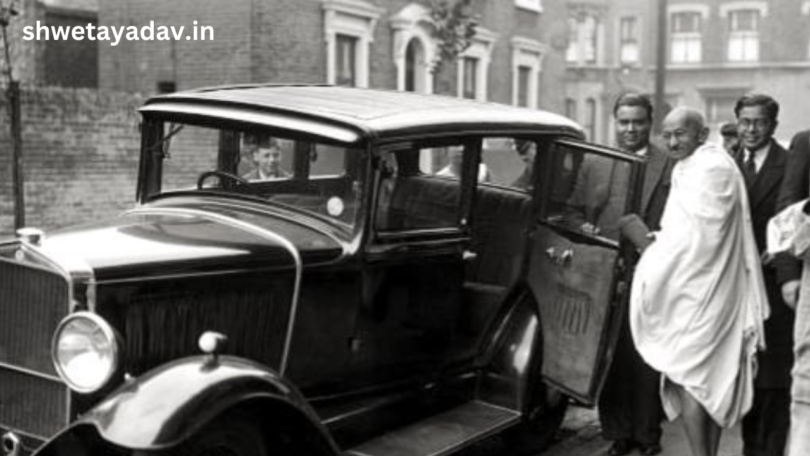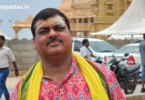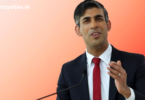The victorious struggle for India’s independence from British control was led by Indian lawyer, anti-colonial nationalist, and political ethicist Mohandas Karamchand Gandhi (2 October 1869 – 30 January 1948).
He sparked independence and civil rights movements all across the world. The epithet Mahtm, which means “great-souled, venerable” in Sanskrit, was originally used to refer to him in South Africa in 1914 and is now used worldwide.
Mahatma Gandhi Biography
On October 2, 1869, Mohandas Karamchand Gandhi was born into the Gujarati Hindu Modh Bania family in Porbandar (also known as Sudamapuri), a coastal town on the Kathiawar Peninsula that was formerly a minor princely state in the Kathiawar Agency of the British Raj.
The chief minister of the Porbandar state was his father, Karamchand Uttamchand Gandhi. Originally from what was then Junagadh State, his family came from the Kutiana village.
Gandhi’s mother, Putlibai, was completely absorbed in religion, did not care much for finery or jewelry, divided her time between her home and the temple,
Gandhi enrolled in his neighborhood school in Rajkot at the age of nine. There, he studied history, the Gujarati language, geography, and the fundamentals of maths. He enrolled in Rajkot’s Alfred High School when he was 11 years old.
He was a decent student who occasionally received awards, but he was also reserved and uninterested in playing games; his only friends were books and his studies.
According to regional tradition at the time, Mohandas, then 13 years old, wed “Kasturba,” also known as “Ba,” in May 1883. He missed a year of school as a result but was later permitted to make it up by speeding up his studies.
Gandhi Ji once said, “As we didn’t know much about marriage, for us it meant only wearing new clothes, eating sweets, and playing with relatives.”
Late in 1885, Karamchand Gandhi passed away. The first child born to Gandhi and his wife, who were both 16 at the time, lived for only a short time. Gandhi felt pain over the two deaths.Four other boys were born to the Gandhi couple: Harilal in 1888, Manilal in 1892, Ramdas in 1897, and Devdas in 1900.
In 1888 and 1889, Gandhi studied at University College in London, where he took Henry Morley’s English literature courses.
In order to pursue a career as a barrister, he also enrolled at the Inner Temple-based Inns of Court School of Law. His self-withdrawal and timidity from childhood persisted throughout his adolescence. When he moved to London, he still exhibited these characteristics, but he also joined a club that practiced public speaking and overcame his shyness so that he could practice law.
Mahatma Gandhi Wiki
| Real Name | Mohandas Karamchand Gandhi |
| Nick Name | Bapu |
| Profession | Barrister |
| Date of Birth | 2 October 1869 – 30 January 1948 |
| Birthplace | Porbandar, Gujrat, India |
| Home Town | Porbandar, Gujrat, india |
| Nationality | Indian |
| Zodiac Sign | Update Soon |
| School | Alfred High School |
| College | University College in London |
| Higher Education | Barrister from University College in London |
| Religion | Hindu |
| Marital Status | Married |
| Hobbies | Jan Sewa |
| Cast | Gujarati Hindu Modh Bania |
Mahatma Gandhi Civil rights activist in South Africa
Gandhi, then 23 years old, sailed for South Africa in April 1893 to represent Abdullah’s relative as his attorney. He lived in South Africa for 21 years, where he honed his political principles, morals, and politics.
Gandhi experienced prejudice as soon as he arrived in South Africa due to his ethnic background and skin tone. He was ordered to sit on the floor next to the driver of the stagecoach rather than with the other European passengers, and when he refused, he was beaten.
In another incident, he was thrown off a train at Pietermaritzburg after refusing to move to first class. He sat outside the train station all night, shivering, debating whether to go back to India or to protest.
Another instance saw Gandhi being told to take off his turban by the magistrate of a Durban court, but Gandhi refused. South Africa prohibited Indians from using the country’s pavements. Gandhi was abruptly forced onto the street by a policeman who had booted him off the pavement.
In May 1894, the Abdullah case that had brought Gandhi to South Africa came to an end, and the Indian community threw him a farewell party as he got ready to leave for India. Gandhi, however, decided to extend his initial stay in South Africa as a result of a new, discriminatory plan from the Natal administration.
He intended to support Native Americans in their opposition to a law that would have denied them the right to vote, which was then being considered as an exclusively European right.
Mahatma Gandhi Struggle for Indian independence
Gandhi returned to India in 1915 at the request of Gopal Krishna Gokhale, which was communicated to him by C. F. Andrews. As a preeminent Indian nationalist, theorist, and community organizer, he acquired a solid international reputation.
Gandhi assumed control of the Congress in 1920 and started ramping up his demands until the Indian National Congress formally proclaimed India’s independence on January 26, 1930. The proclamation was not recognised by the British, but negotiations continued, and by the late 1930s, the Congress had taken over some of the responsibilities of provincial government.
Round Table Conferences
Gandhi, who was then around 62 years old, advocated constitutional amendments during the Round Table Conference discussions with the British government in 1931–1922, in an effort to hasten the end of British colonial rule and the beginning of Indian self-rule.
Congress politics
Gandhi resigned from the Congress party in 1934. Although he did not disagree with the party’s stance, he believed that by stepping down, his popularity with Indians would stop stifling the party’s membership—which actually included communists, socialists, trade unionists, students, religious conservatives, and people who supported business—and that these different voices would have a chance to be heard. Gandhi wanted to lead a party that had briefly accepted political accommodation with the Raj in order to avoid becoming a target for Raj propaganda.
World War II and Quit India Movement
Gandhi fought against India’s involvement in World War II and opposed any assistance to the British war effort. In retaliation, the British administration detained Gandhi and numerous other Congress leaders and executed over 1,000 Indians who supported the revolt.
The nationalists also committed a series of violent assaults against the British authorities.
Partition and independence
Gandhi was against the religiously-based division of the Indian subcontinent. Gandhi and the Indian National Congress demanded that the British leave India. The All-India Muslim League, however, called for “Divide and Quit India.” Gandhi proposed a deal that called for the Muslim League and the Congress to work together and achieve independence under a provisional government, after which the issue of partition could be decided by a vote in the districts having a Muslim majority.
Mahatma Gandhi Death
Gandhi was walking to speak at a prayer meeting with his grandnieces in the garden of Birla House (now Gandhi Smriti) at 5:17 pm on January 30, 1948, when Hindu nationalist Nathuram Godse shot him three times in the chest from a pistol.
Some sources claim that Gandhi passed away immediately. According to other stories, including one written by a journalist who was an eyewitness, Gandhi was brought inside a bedroom at the Birla House. About 30 minutes later, as one of Gandhi’s family members read passages from Hindu scriptures, he passed away there.
Mahatma Gandhi Most Viewed Videos
Mohandas Karamchand Gandhi Photo Gallery
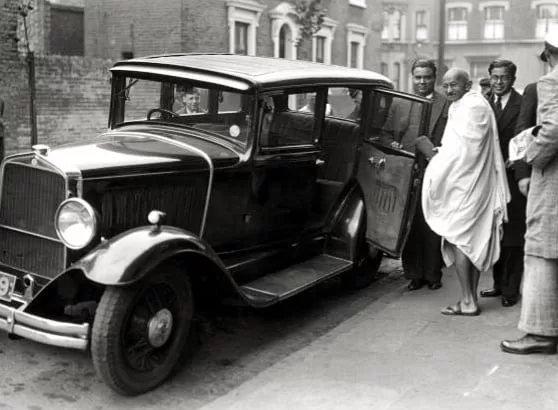
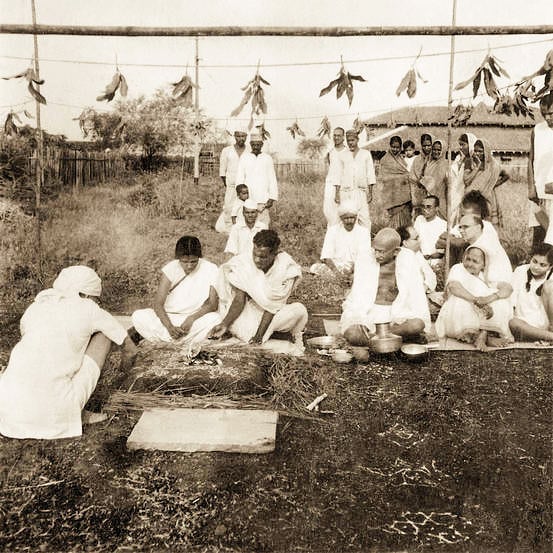
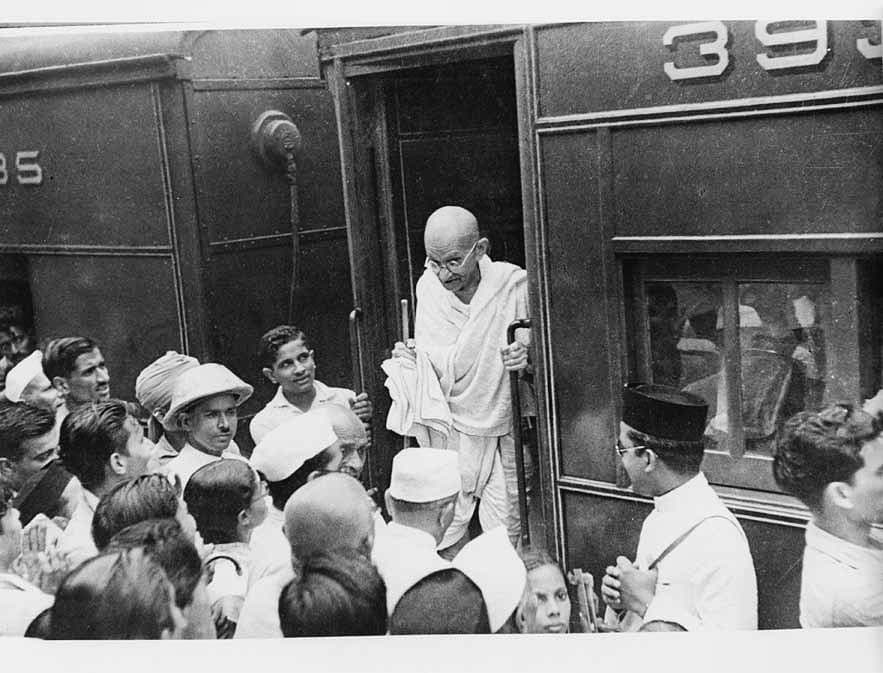
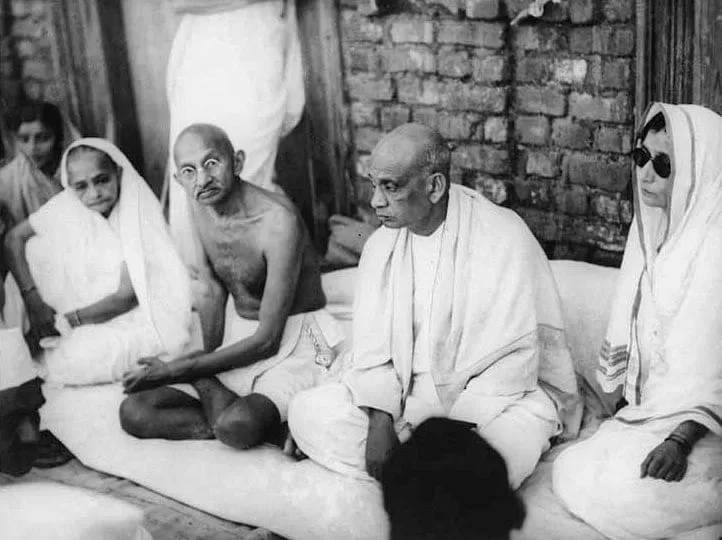
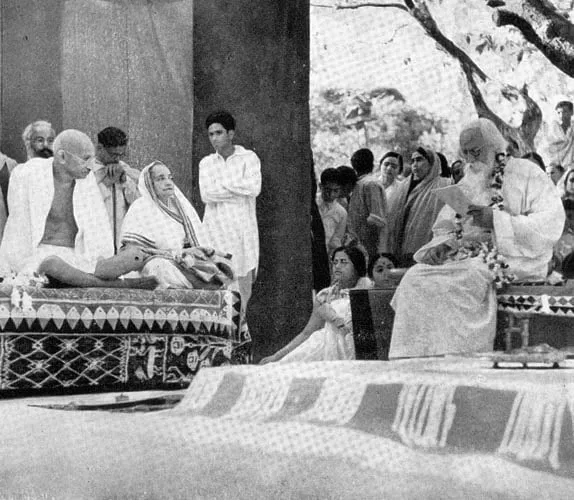
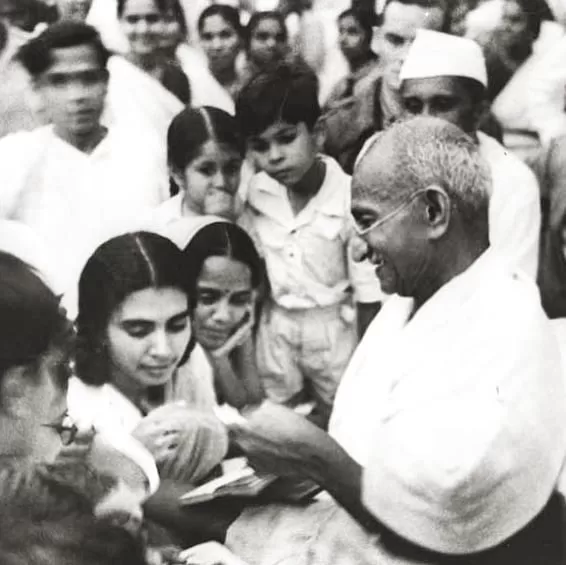
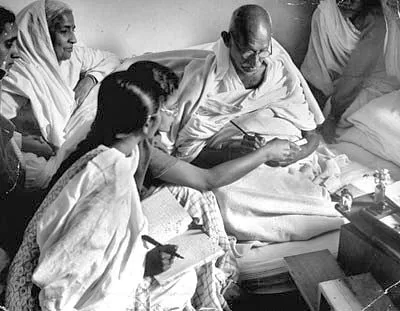
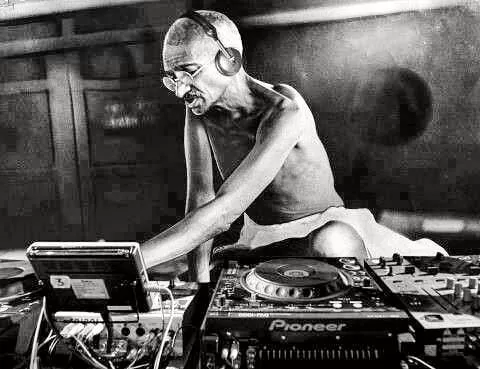
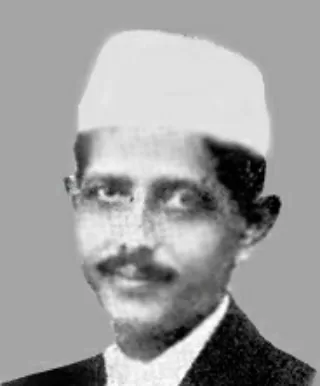
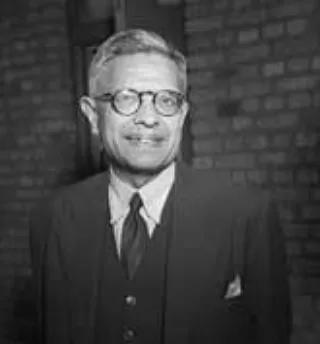
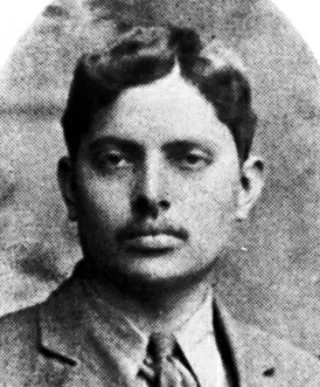
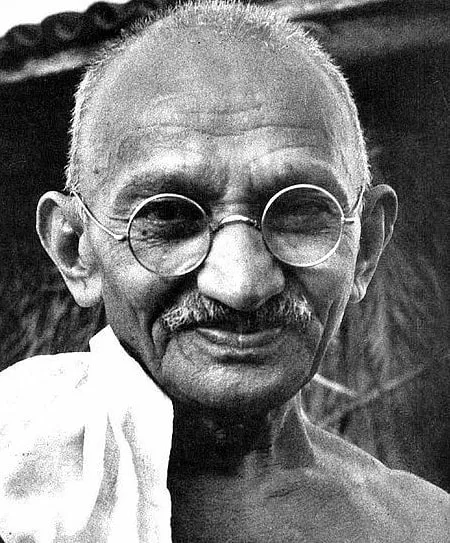
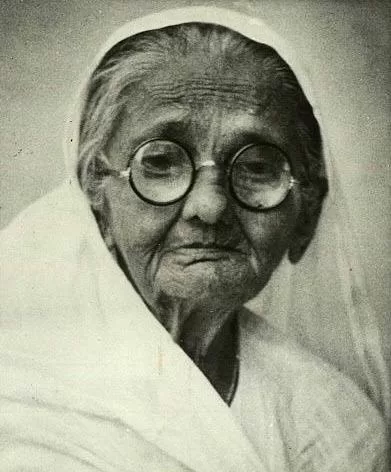
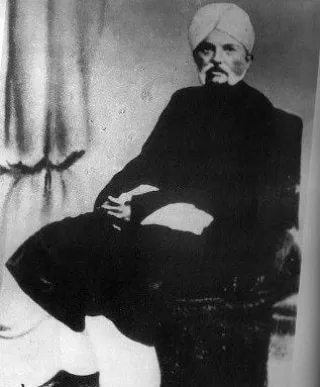
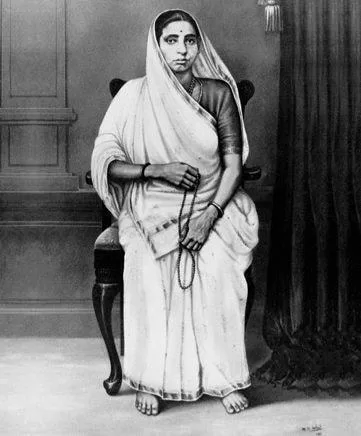
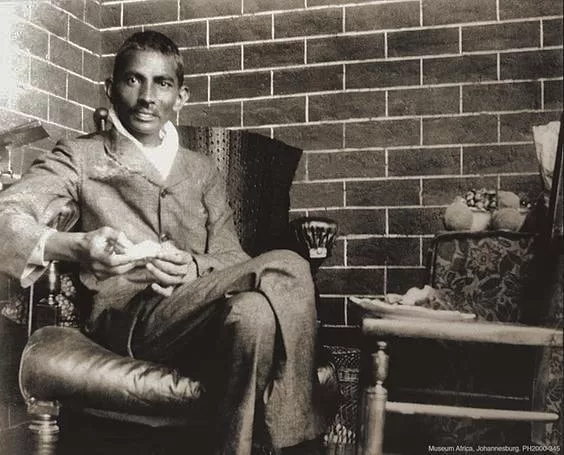
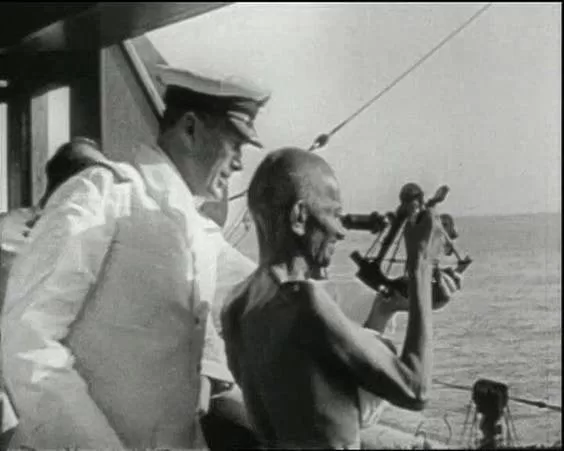
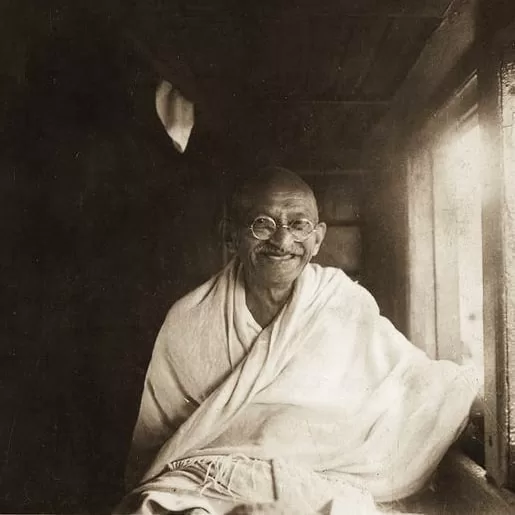
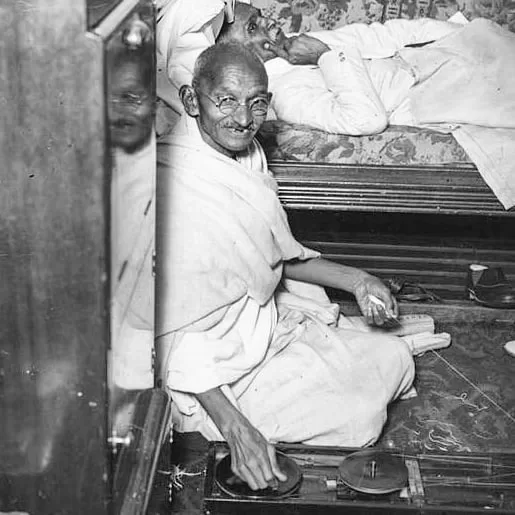
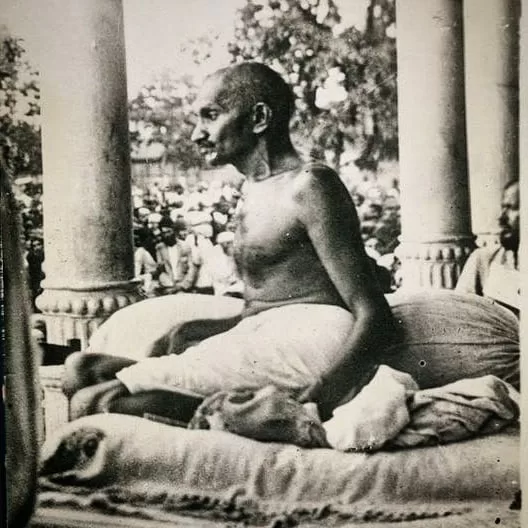
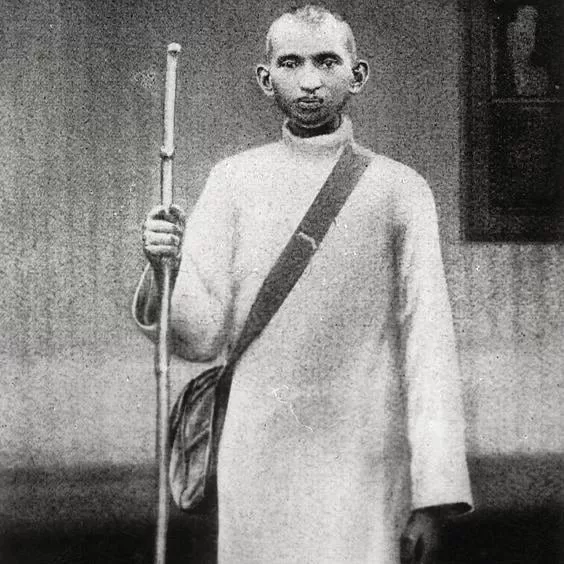
Here I share Mohandas Karamchand Gandhi Biography, Wiki, Age, Income, Net Worth, and More, if any Information is provided by me is wrong please comment in the comment box for correction.
You Can Also Read This-
Nikhil Kamath Biography
Deepinder Goyal Biography
Ankita Mehra Biography
Hemangi Sakhi Biography
Pavitranand Giri Biography
Sruthy Sithara Biography
Laxmi Narayan Tripathi Biography
Gauri Sawant Biography
Seema Haider Biography
Fukra Insaan Biography
Bebika Dhurve Biography
Elvish Yadav Biography
Sanchita Bashu Biography
Neetu Bisth Biography
Rinku Singh Biography
Sparsh Shrivastav Biography
Monika Panwar Biography
Munmun Dutta Biography
Shona Ingle Biography
Saloni Gaur Biography
Payal Malik Biography
Komal Singh Biography
Vishal Pandey Biography
Saloni Singh Biography
Shivani Kumari Biography
Tanu Rawat Biography
Rohit Zinjurke Biography
Khushi Choudhary Biography
Nita Shilimakar Biography
Sachin Mann Biography
Kshama Bindu Biography
Girjesh Gaud Biography
Varsha Solanki Biography
Ratan Chauhan Biography
Sriiishh Biography, Wiki
Kili Paul Biography
Khushi Shaikh Biography
Aparna Tandale Biography
MrBeast Biography

